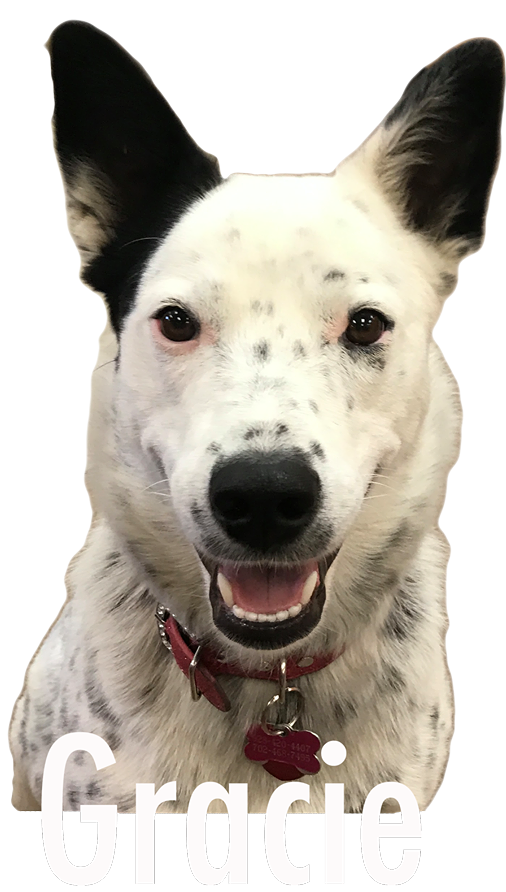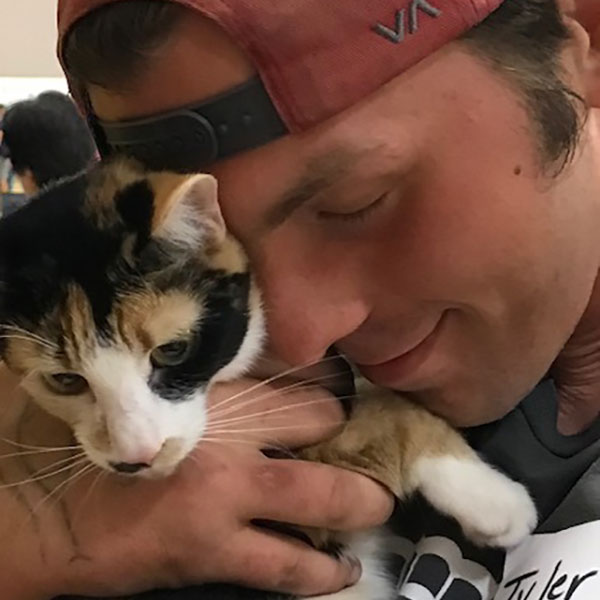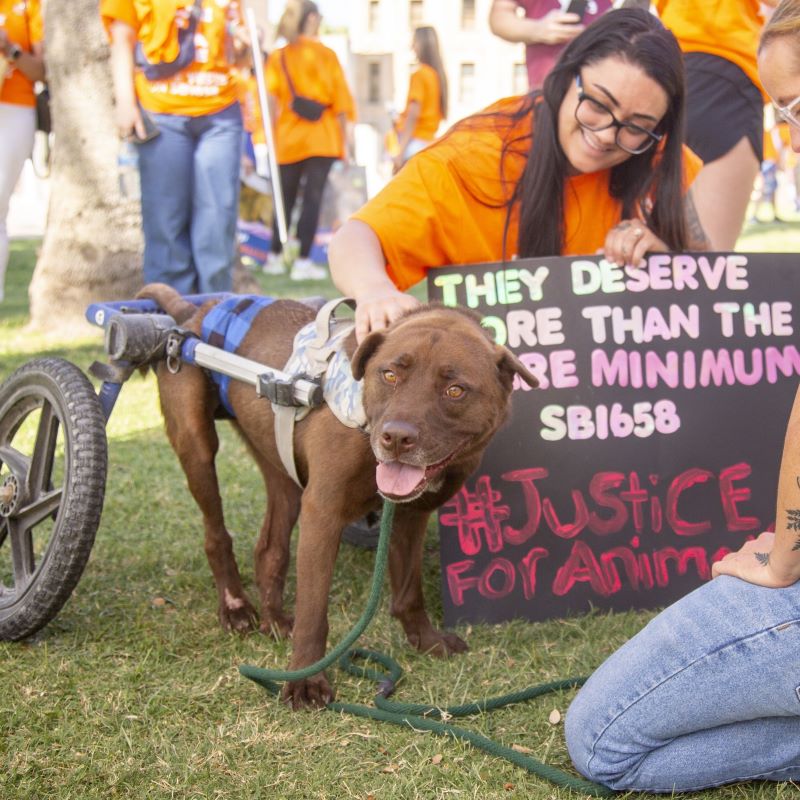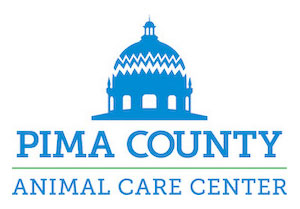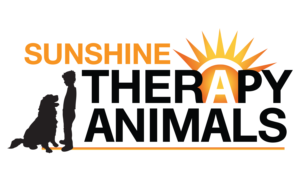Becoming unhoused is unimaginable to many people, despite the fact that many are also only a paycheck or two away from that reality themselves. Seeing others struggling to survive in Tucson’s streets and parks and washes is a stark reminder of this. For people with no safe and reliable place to stay, their companion animals are often their biggest constant and sense of security in their lives, both physically and emotionally. For that reason, the financial inability to access crucial veterinary care for these animals can be devastating. The welfare of companion animals is often overlooked by the various organizations who help and advocate for unhoused people, but a growing network of amazing individuals nationwide known as The Street Dog Coalition (SDC) is working to fill that gap. They continue to branch out, providing free veterinary care to companion animals of unhoused people as more chapters continue to be established in cities nationwide. Luckily, Tucson is one of them.
The Street Dog Coalition was originally founded in 2015 by Colorado veterinarian, Dr. Jon Geller. May of that year saw their first clinic, held in Fort Collins, where 25 dogs and 5 cats received care from several veterinarians, vet techs and students, as well as volunteers from the community. The organization continued to gain momentum, hosting clinics in an ever widening variety of cities and snowballing as more people became inspired to get involved. In 2018, not long after graduating from veterinary school, Dr. Karyn Carlson saw Dr. Geller speak at a conference and decided she would like to start her own SDC chapter in her home town of Tucson. By 2021, she was able to get everything in place to make it happen, and the Tucson SDC chapter hosted its first clinic.
Since then they have been going strong, hosting clinics the second Sunday of every other month outside the Z Mansion. This downtown Tucson landmark is known for its history of helping unhoused people in a variety of ways, offering free sit-down meals, shoes and clothing, haircuts, and basic medical care and first aid.
All of these services provided at Z Mansion embody the One Health philosophy espoused by the SDC. This holistic and inclusive approach to public health acknowledges and seeks to put into practice the idea that humans, animals, and the environment are fundamentally interdependent. In order for one to thrive, all must thrive. Arguably a cornerstone of Indigenous cultures the world over since time immemorial, this concept began to be recognized by western science as early as the mid 1800’s. Regarded as the father of modern pathology and founder of social medicine, German physician, biologist, anthropologist, and farmer’s son, Rudolf Virchow stated, “Between animal and human medicine there is no dividing line—nor should there be.”. Later, in response to rising zoonotic infections (those spread between humans and animals), epidemiologist Calvin Schwabe advocated for a combined human and veterinary medicine approach, which laid the groundwork for One Health as we know it today.
The One Health philosophy is particularly valuable when serving the unhoused population and their pets, who are constantly exposed to and interact with the outdoor environment. SDC takes this into account while offering their services, which consists mainly of routine preventative care such as vaccinations, wound care, etc. They also provide spay and neuter vouchers and referrals for more advanced care on a case by case basis, as limited funds allow. They will even help with end of life care, funding death with dignity and cremation when that is the only remaining option.
In addition to their pop up street clinics, SDC runs a variety of other programs including Vets for Vets, providing mental health and veterinary care to low income and unhoused veterans and their pets. Their One Health mobile outreach program helps people and pets in rural communities. They also work to provide animal inclusive shelter and transportation for the unhoused and their animals. They have even gone international, partnering with Worldwide Vets for Operation Ukraine to assist people and their animals impacted by the ongoing conflict there.
The numbers show just how successful a movement of this kind can be, as people work together for such an impactful cause. Since its inception in 2015, the Street Dog Coalition has now expanded to over 60 cities across the US. In 2023 alone, they hosted 431 clinics, treating 6268 dogs and 1711 cats, and distributed 1521 spay and neuter vouchers. It has been crewed by 1331 veterinary professionals, 715 veterinary and vet tech students, and 1453 compassionate community volunteers with the help of 224 collaborating community partners. As they continue to gain steam, it is exciting to look toward the future of this indispensable organization. They show no signs of slowing down, but do rely on the support of the public to continue. There are many ways to get involved, from starting a new SDC team, volunteering, or giving financial or material donations. All of these opportunities can be located at thestreetdogcoalition.org/
During a time of so much division and strife in the world, it is a comfort to know that such a momentous force of compassion as the Street Dog Coalition is still there, quietly changing lives, four paws at a time.
